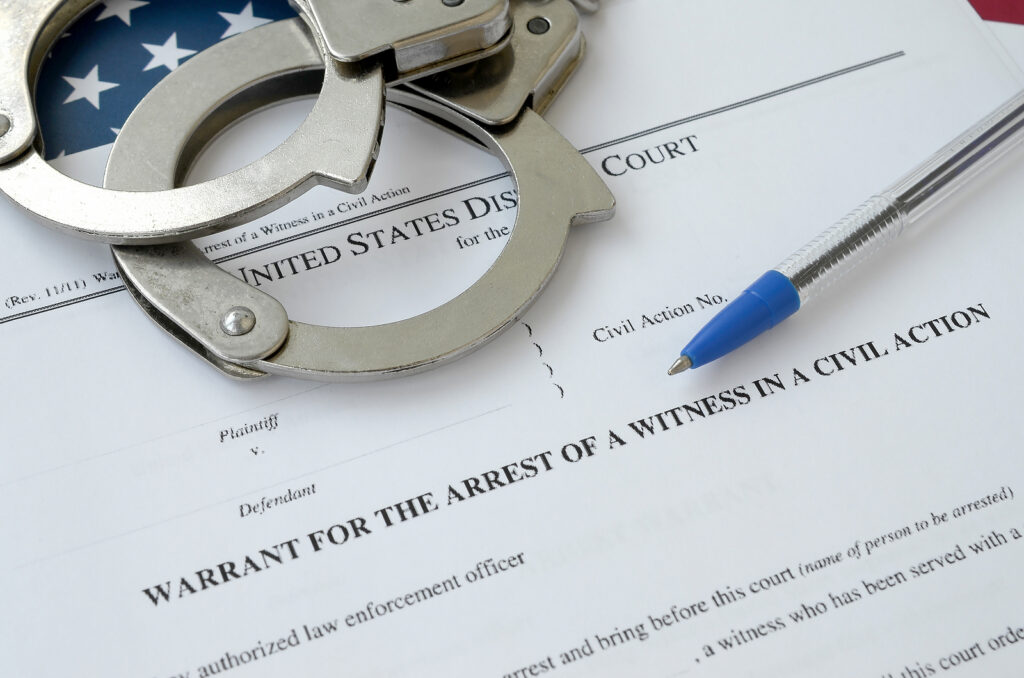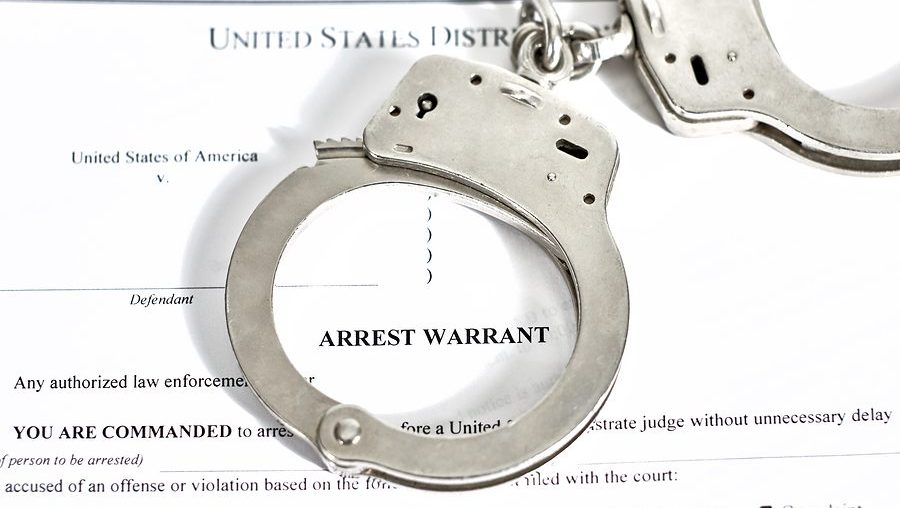A criminal indictment is a serious matter that can have profound implications on an individual’s life, freedom, and future. This legal process might seem daunting and complicated to comprehend, especially without prior knowledge or experience in the criminal justice system.
In this blog post, we will break down the process of criminal indictment, explain how arrest warrants come into play, and emphasize the importance of hiring a capable criminal defense lawyer. The purpose of this discussion is not to cause alarm, but to educate and provide a pathway through the complexities of the legal landscape.

What is a Criminal Indictment?
A criminal indictment is a formal accusation, made by a grand jury, that an individual has committed a crime. This process is initiated by the prosecutor, who presents evidence and arguments to the grand jury. The grand jury then decides whether there is enough evidence to charge the accused with a crime and issue an indictment. If indicted, the accused becomes a defendant in a criminal case and must appear in court to face charges.
The Criminal Indictment Process
The process of criminal indictment begins with an investigation by law enforcement agencies. If evidence suggests that an individual has committed a crime, the prosecutor will present the findings to a grand jury. The grand jury will then review the evidence and determine if there is enough probable cause to issue an indictment. If the grand jury decides there is sufficient evidence, they will return a “true bill” and the indictment will be issued. At this stage, it is essential that the defendant is aware of the charges against them, and this is where the notification process comes into play.
Typically, a defendant will be notified of their criminal indictment by receiving a copy of the indictment, which outlines the charges against them and the scheduled court date. If the defendant fails to show up for their court hearing, an arrest warrant may be issued, which could lead to further legal consequences. It is important for defendants to take indictments seriously and ensure they are fulfilling their legal obligations, as ignoring these can lead to a worsening of the situation and potentially more severe legal repercussions.
Arrest Warrants and their Relation to Indictments
When a person is indicted, it means that there is enough evidence to charge them with a crime. This typically leads to their arrest and the issuance of an arrest warrant. An arrest warrant is a document that authorizes law enforcement to take the indicted individual into custody and bring them before the court to face charges. This process usually involves the defendant being booked, fingerprinted, and photographed.
The Importance of Hiring a Criminal Defense Lawyer
Being indicted on criminal charges is a serious matter that requires immediate attention and legal representation. It is crucial to hire a capable criminal defense lawyer who understands the complexities of the legal system and can provide effective representation. A skilled lawyer will help you understand the charges against you, explain your options, and advocate for your best interests. They will also handle all communication with the prosecutor’s office, gather evidence, and build a strong defense on your behalf.
Conclusion
Being indicted on criminal charges can be a stressful and confusing experience. However, with an understanding of the criminal indictment process, the role of arrest warrants, and the importance of hiring a competent criminal defense lawyer, you can navigate through this challenging time with confidence. Remember, if you or someone you know is facing criminal charges, it is essential to seek legal advice immediately to protect your rights and ensure a fair trial. So, always make informed decisions and trust the expertise of a knowledgeable criminal defense lawyer to guide you through this difficult process.
If you or your loved one has been charged with this crime or any other, get in touch with us immediately. Contact Attorney David E. Lewis at 317-636-7514 to speak with a seasoned criminal defense lawyer in Indianapolis, Indiana. Our law firm will get you the best possible outcome to your criminal case!
Related Posts:
Frequently Asked Questions About Warrants
How to Navigate the Criminal Court Process as a First Time Defendant
Frequently Asked Questions About Hiring a Criminal Attorney in Indiana






